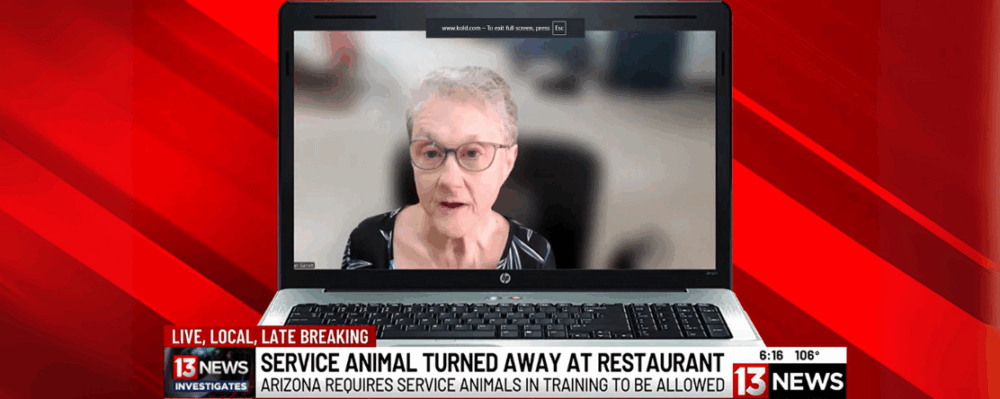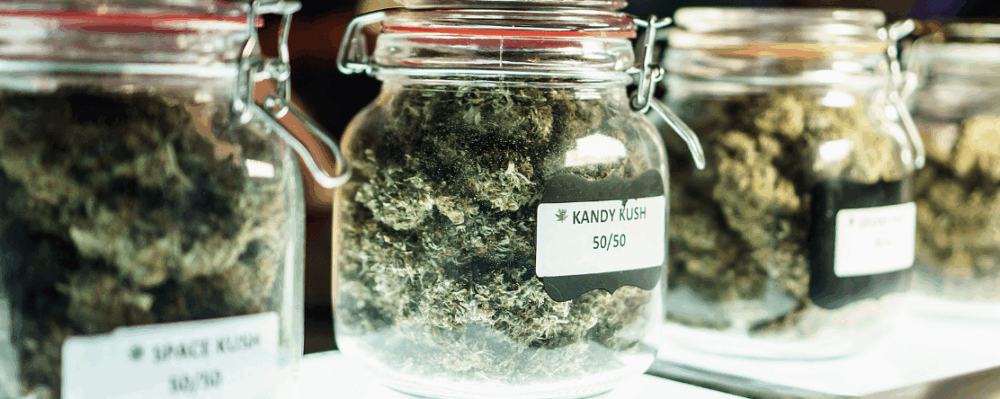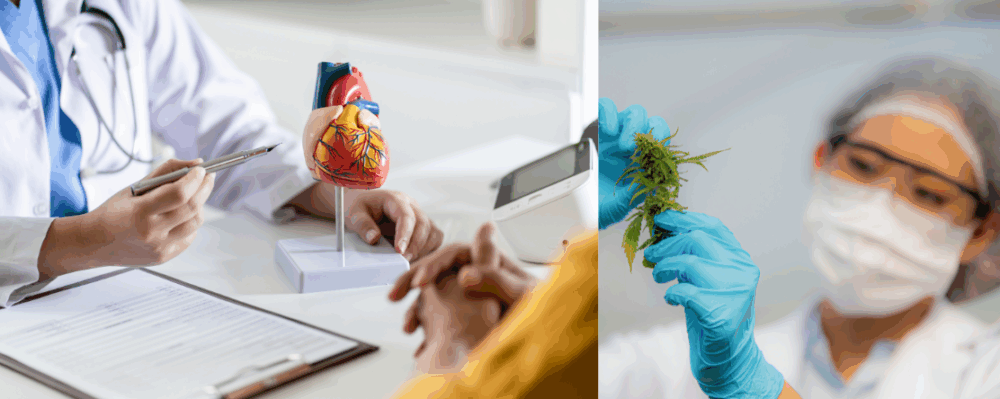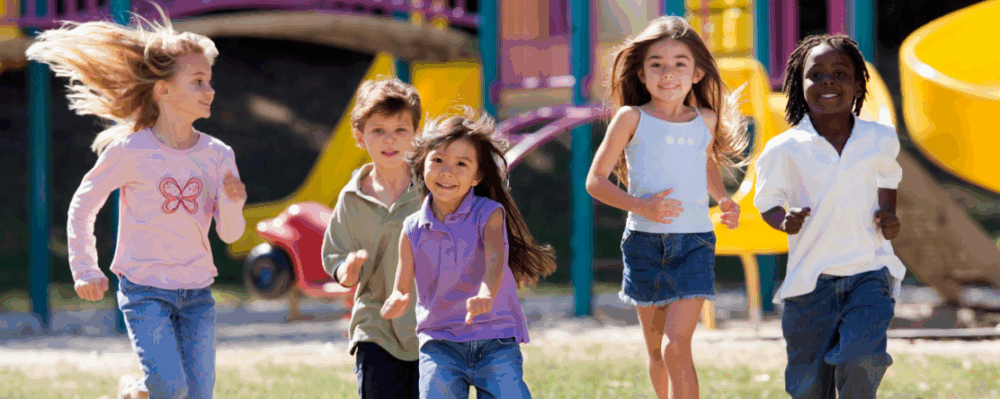
In the News
Bay Area Community Groups Will Help Get the Word Out About Emergency Planning
- Post News Group
-
Focus Areas
Healthy Communities -
Issues
Population Health, Wildfires & Extreme Heat -
Expertise
Outreach & Dissemination, Technical Assistance -
Programs
Center on Disability at the Public Health Institute
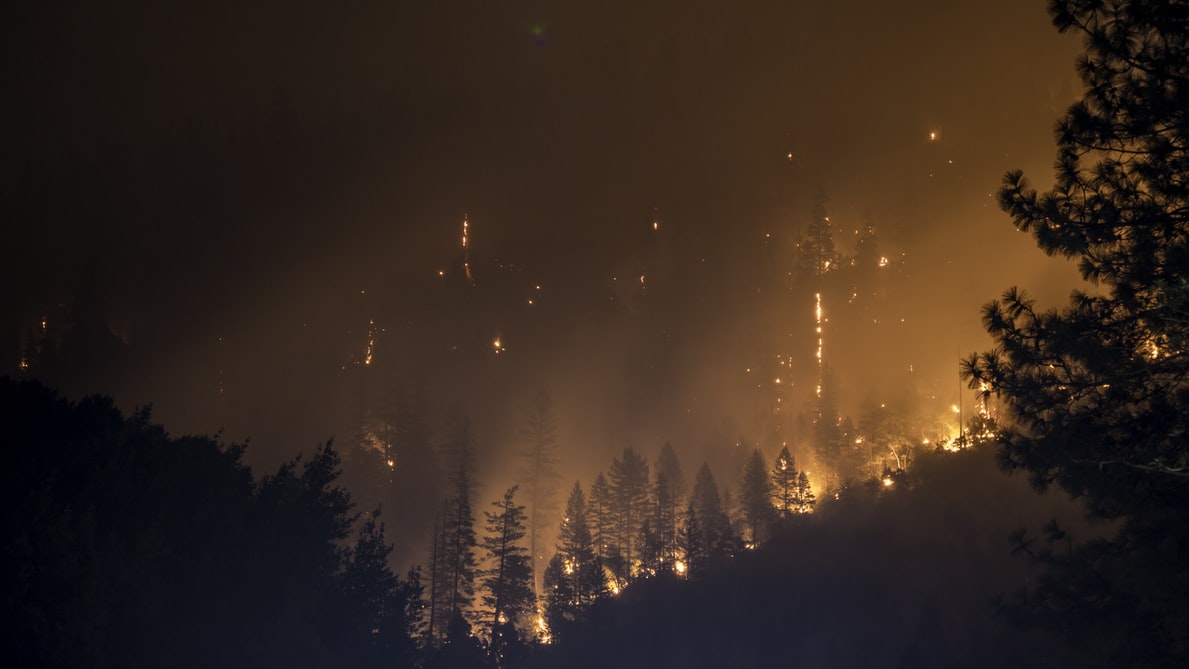
California is prone to disasters, natural and otherwise. They range from devastating annual wildfires to earthquakes, droughts, mudslides and extreme heatwaves. A deteriorated electrical power infrastructure has also been the culprit in sparking some of those wildfires, costing tens of billions of dollars in damage and causing rolling blackouts, electrocutions, and private and public property damage resulting from power surges.
In response, two non-profits — one in San Francisco and the other in Alameda County — are in partnership with grassroots community-based organizations to get the word out about disaster preparedness.
“September is National Preparedness Month, and we are geared to do things differently this year – particularly because of everything that’s happening in our state – COVID 19, the wildfires, polluted air,” said Lewis Kraus, co-director of the Center on Disability at the Public Health Institute, based in Oakland.
The Center on Disability is responsible for coordinating the public awareness campaign across Alameda County, where the second-largest concentration of African Americans in California live.
“We work with the community-based organizations and faith-based organizations that have experience working directly with different communities — Blacks, Asians, Latinos, people with disabilities, elders and others,” said Kraus.
The work the Center on Disability is doing is part of a $50 million coordinated statewide emergency preparedness informational campaign titled Listos California. Gov. Gavin Newsom and the state legislature say their intention with the program is to “ready our most vulnerable populations for disasters.”
The program is administered by the Governor’s Office of Emergency Services, also called CalOES. That agency has awarded $20 million to CBOs in 24 counties across the state to support education and the creation of customized disaster preparedness programs.
“The intent of the program is not just to give people information but to engage them with it. We will do face-to-face interactions when it is possible. We will show up with a table at in-person events, and some of the churches have been going out to food distribution site.”
– Lewis Kraus, Co-Director, Center on Disability
Across the Bay in San Francisco, where the African American population is 6%, another organization, SF CARD is coordinating the outreach there, prioritizing vulnerable groups, including people who are unhoused. According to Heather Lee, program manager manager at SF Card, the organization is, at heart, a collaborating agency.
“We hold subject matter expertise in disaster preparedness, response and recovery, but we let the embedded organizations lead the way on how to best engage their communities in learning about preparedness,” said Lee.
According to Kraus, the COVID-19 pandemic has made outreach difficult, but it has forced the grassroots groups to be more creative, especially in their efforts to reach people who may have limited or no internet access. Some of these methods include (with masks and gloves on) visiting food distribution sites and including literature with the food and tabling at in-person events.
Kraus also notes that materials have been moved to an online format, with the brochure online as well as a fillable pdf to create your own emergency plan.
Click below to read the full story from Post News Group.
Originally published by Post News Group
More Updates
Work With Us
You change the world. We do the rest. Explore fiscal sponsorship at PHI.
Support Us
Together, we can accelerate our response to public health’s most critical issues.
Find Employment
Begin your career at the Public Health Institute.
